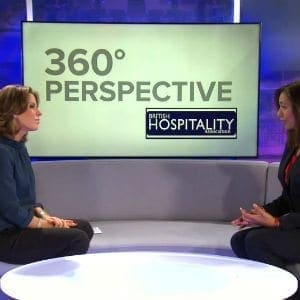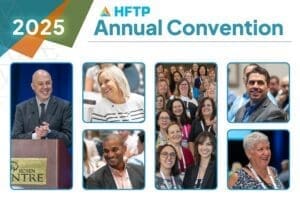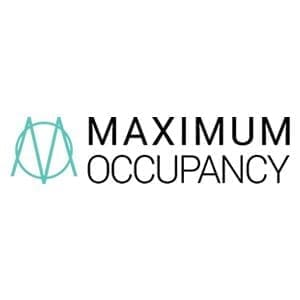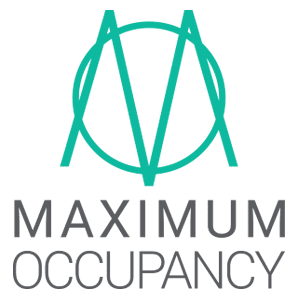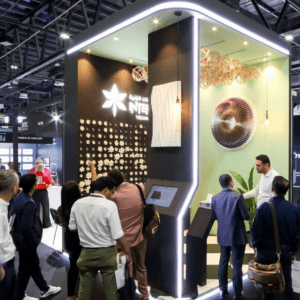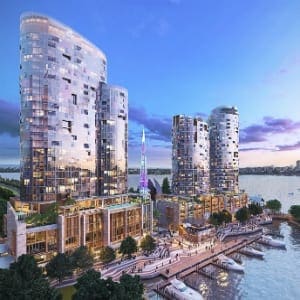 During the CEO panel on Monday morning at the 39thÊannual NYU International Hospitality Industry Investment Conference, this question was posed: On a scale ofÊone to ten, how easy is it today to do business? Call it a bit ironic and perhaps a sign of the times that Expedia CEO Dara Khosrowshahi showed the most optimism.
During the CEO panel on Monday morning at the 39thÊannual NYU International Hospitality Industry Investment Conference, this question was posed: On a scale ofÊone to ten, how easy is it today to do business? Call it a bit ironic and perhaps a sign of the times that Expedia CEO Dara Khosrowshahi showed the most optimism.
Reflecting the underwhelming state of transient business travel and group bookings, Mr Khosrowshahi couldn’t help but revel in the fact that leisure travel, Expedia’s sweet spot, remains strong behind experiential and ÒInstagram-ableÓ movements. He rated the ease of doing business the highest among the panelists Ð closer to an eight. ÒThe experience economy is good for the world,Ó he said, and even more so for Expedia’s business, much to the chagrin of the hoteliers sitting beside him. Taking it a step further, you could truly call it a sign of the times that Expedia even had a seat at the CEO panel.
Answering the question at the other extreme with a score of Òthree to fourÓ was industry contrarian and disruptor in his own right, AccorHotels Chairman and CEO Sbastien Bazin, who said the state of affairs was at a Òcomplex stageÓ and Òtough to predict.Ó He also referred to fickle, demanding guests who want the moon and the stars Ð at a discount. ÒIt’s better for the top line, but not on the margin,Ó Mr Bazin bemoaned.
Sitting in the middle was Tom Baltimore, CEO of Hilton REIT Park Hotels & Resorts. He ranked the ease of doing business between aÊsix and seven, adding that while he is an eternal optimist he was disappointed in President Donald Trump’s public policy development. ÒTax reform looks increasingly difficult,Ó he said.
Adding on to the public policy debate was Hyatt Hotels Corp. CEO Mark Hoplamazian, who implored, ÒWe need to get going on the infrastructure work (a cornerstone of the administration’s policy),Ó he said. On a more positive note, he added that wealth accumulation is helping leisure business, but in the next breath said that corporate demand is masked by later booking windows and companies trying to reduce costs.
Are we there yet?
No hotel CEO panel would be complete without being asked about where the industry stands in the cycle of business. This panel was no exception.
While industry leaders have decried Trump’s less-than-travel-friendly edicts and NYU conference chair Jonathan Tisch urged leaders to band together and fight for more travel-friendly policies, the CEOs mostly focused on the state of their own businesses when asked to judge industry stability.
Baltimore opined that RevPAR gains are decelerating and that infrastructure spending and even modest tax reform could create momentum and extend what has been perhaps the longest upcycle the industry has ever seen.
Mr Bazin said growing access to travel is adding length to the cycle. He said the cost of travel is about a third cheaper (not a positive for profitability), which helps further develop the emerging middle class travelers across the globe. ÒWe have five to six times as many travelers compared to 30 years ago. The demand is there, but profitability is tougher,Ó he added.
Mr Hoplamazian suggested moderate growth could persist Ð Ònot the highest growth, but steady.Ó
Understanding consumers
The moderator also asked how hoteliers should attract consumers in today’s disruptive travel environment. The most noteworthy answer cane from shrewd Mr Bazin: Òadapt.”
ÒGuests want it now and they want it cheap,Ó he added. ÒYou need to multiply your interactions to retain customers and understand what they want.Ó Sometimes, Mr Bazin said, answer and option is not a hotel product, referring to the rationale behind Accor’s recent acquisition of Onefinestay luxury home rental business. ÒBe there for them no matter what,Ó he emphasized.
Baltimore took the opportunity to take a shot at Airbnb Ð one of several made by industry leaders during the conference. ÒAirbnb is here to stay, but there needs to be a level playing field and illegal hotels must be eliminated,Ó he said. ÒThere can’t be a competitive disadvantage, and we must put fences around the illegals (absentee Airbnb hosts with multiple units or even buildings full of rentals).Ó
Mr Hoplamazian had the last word, and it was not flattering. ÒThe hotel industry doesn’t do a good job of understanding (consumers),Ó he said. ÒDesigning for guests has been left behind and the industry must unwind operating procedures and get back to human relations. Don’t generalize as all of your customers are not the same.Ó
Want to keep up to date with industry news? Click here to subscribe toÊeHotelier’s dailyÊe-newsletter.




